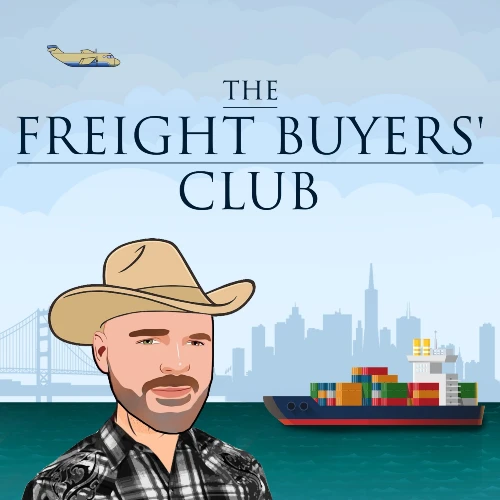Trump tariff threat: Another reason why US shippers are moving cargo early in 2024

“I don’t know if you could call it an early peak season, but certainly everybody has moved their shipping schedules up,” Jon Monroe, President, Jon Monroe Consulting, tells the latest episode of The Freight Buyers’ Club.
The threat of major hikes in US import tariffs, combined with the fear of union action at East Coast ports and longer transit times due to the Red Sea crisis, is prompting US shippers to accelerate 2024 import schedules.
Former US president Donald Trump has warned he will impose a universal baseline tariff of 10% on all imported goods, and tariffs of more than 60% on imports of Chinese goods if he wins the US election in November.
Although the next US President will not be inaugurated until January 2025, the threat of a strict new tariff regime on top of existing ocean supply chain disruptions is prompting some importers to plan well ahead.
Jon Monroe, container shipping veteran and President of Jon Monroe Consulting, told the latest episode of The Freight Buyers’ Club podcast, produced in partnership with Dimerco Express Group, that many in trans-Pacific container shipping circles are now preparing for a Trump win.
Annual 2024-25 trans-Pacific shipping contracts are currently being negotiated by carriers and shippers, making the prospect of damaging new tariffs on China-US trade an immediate concern.
“That’s a part of what could be driving first half [container import volumes] to be fairly strong,” he said.
“Everybody is preparing for a Trump win in terms of what they’re doing. It’s definitely going to impact trade flows.”
US importers are also affected by longer container shipping transit times due to Cape of Good Hope diversions to avoid conflict in the Red Sea.
In addition, unease about the September 30 expiration of the union contract between the United States Maritime Alliance (USMX) and the International Longshoremen’s Association (ILA) which covers 45,000 east coast dockworkers is increasing.
ILA threats to strike have rattled many importers given that the existing contract expires right in the middle of the traditional third quarter US peak importing season.
Monroe said container lines were expecting a good first half to the year as US importers shipped early to avoid disruption or congestion during the peak holiday restocking period (see video clip below).
“I think that makes sense because, if you look down the line, the ILA negotiations, the contract expires in September,” he added. “Everybody, for a number of reasons, needs to ship early. They need to account for the longer transits. They need to make sure they avoid, if you’re on the East Coast, the ILA negotiations.
“I don’t know if you could call it an early peak season, but certainly everybody has moved their shipping schedules up.”




